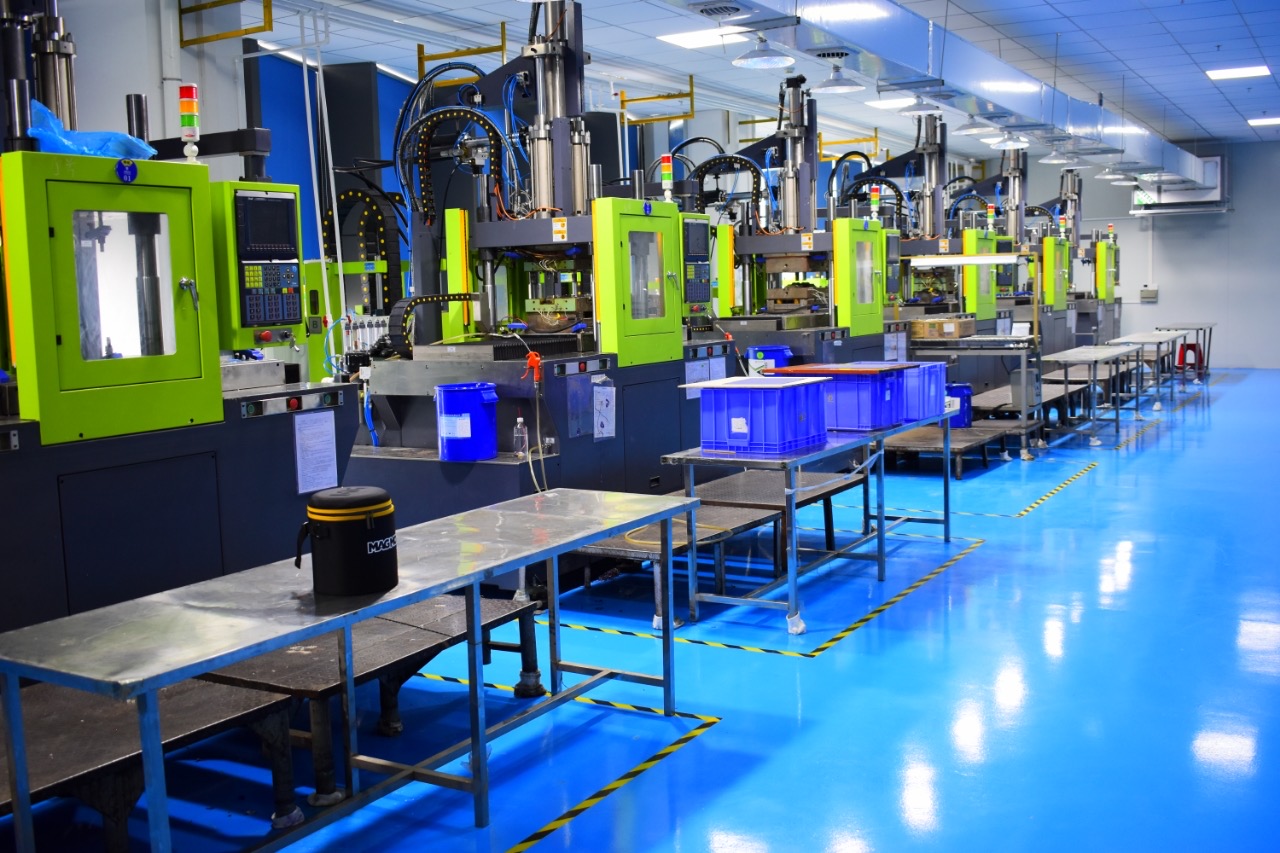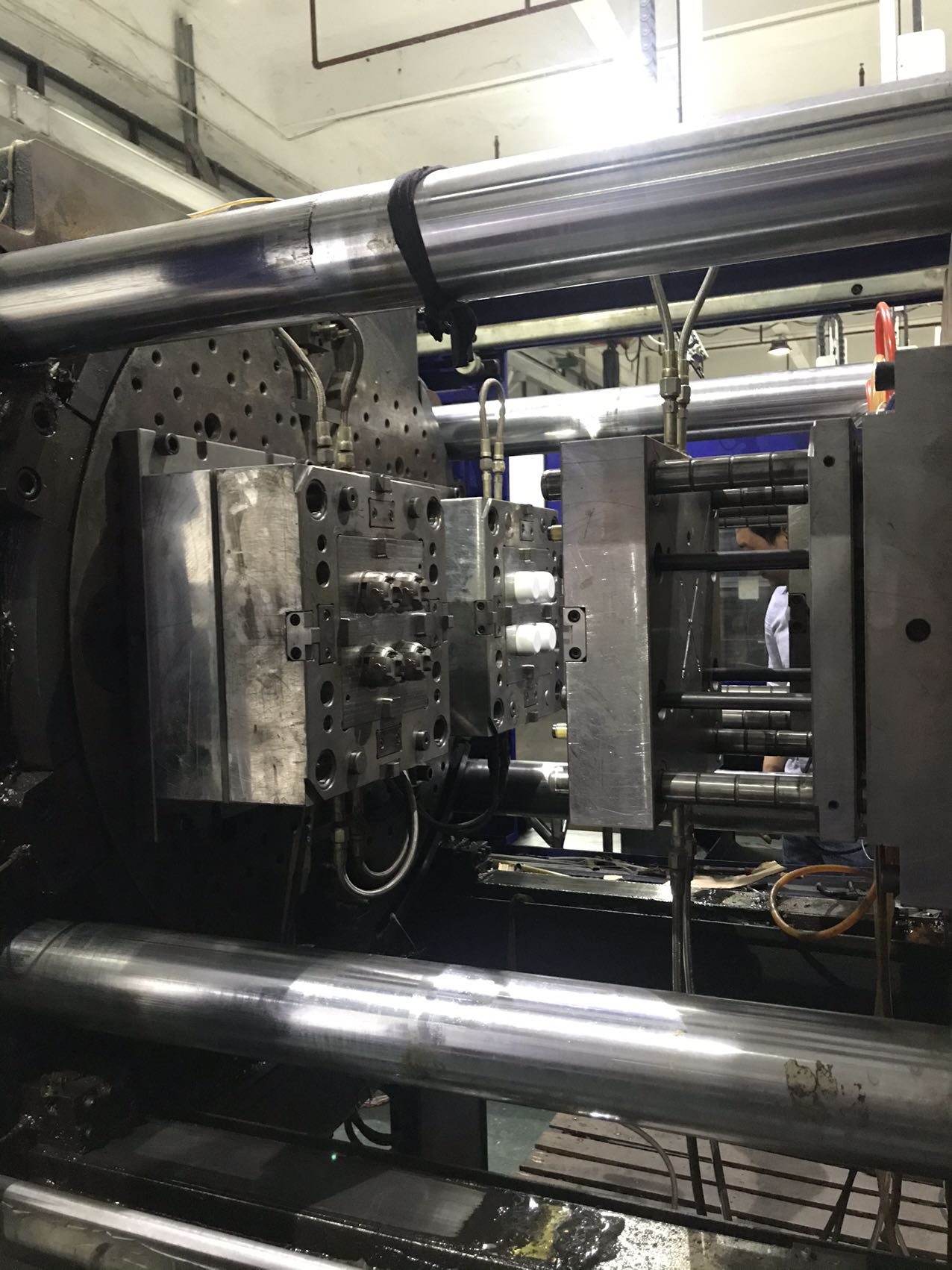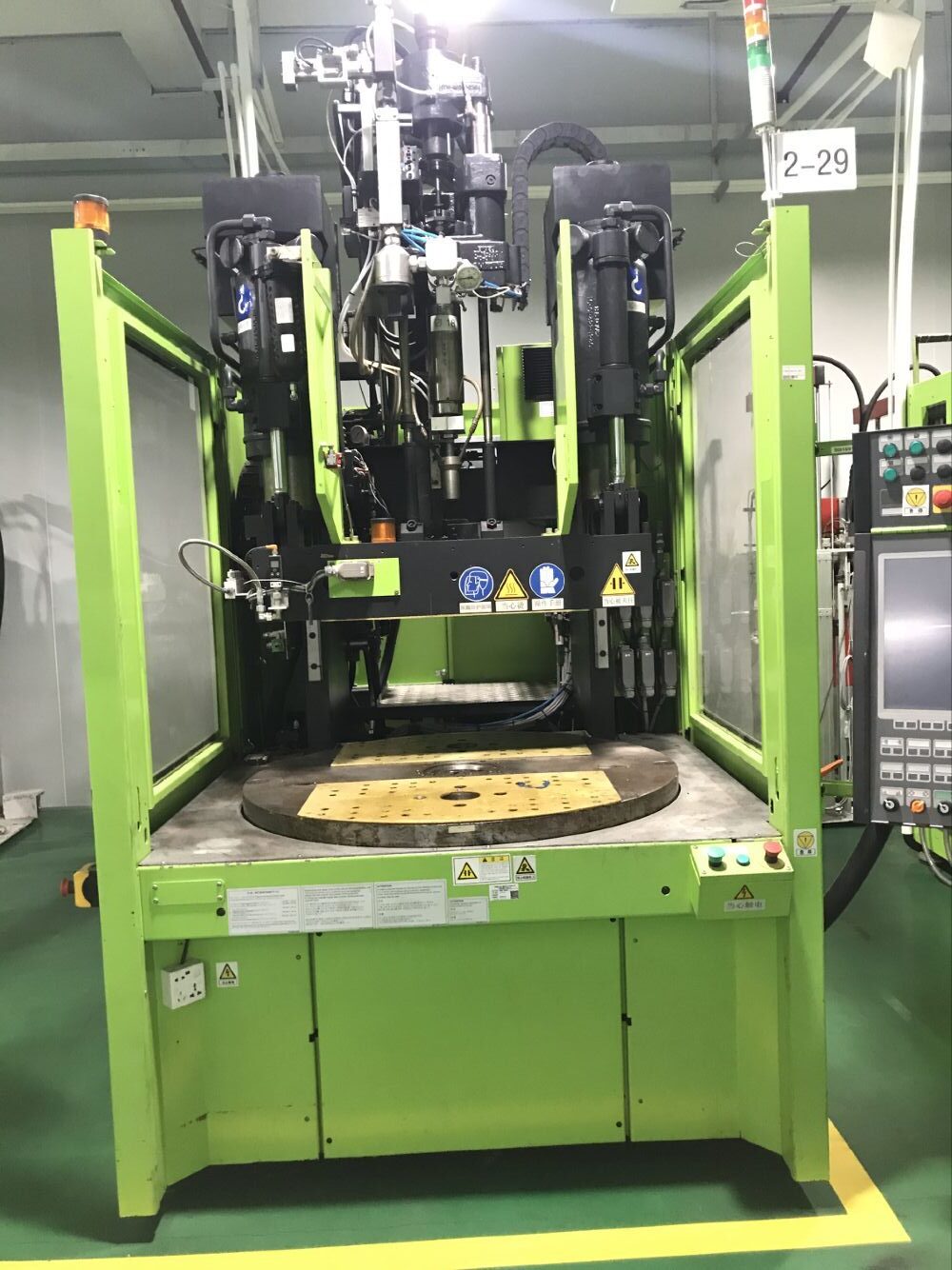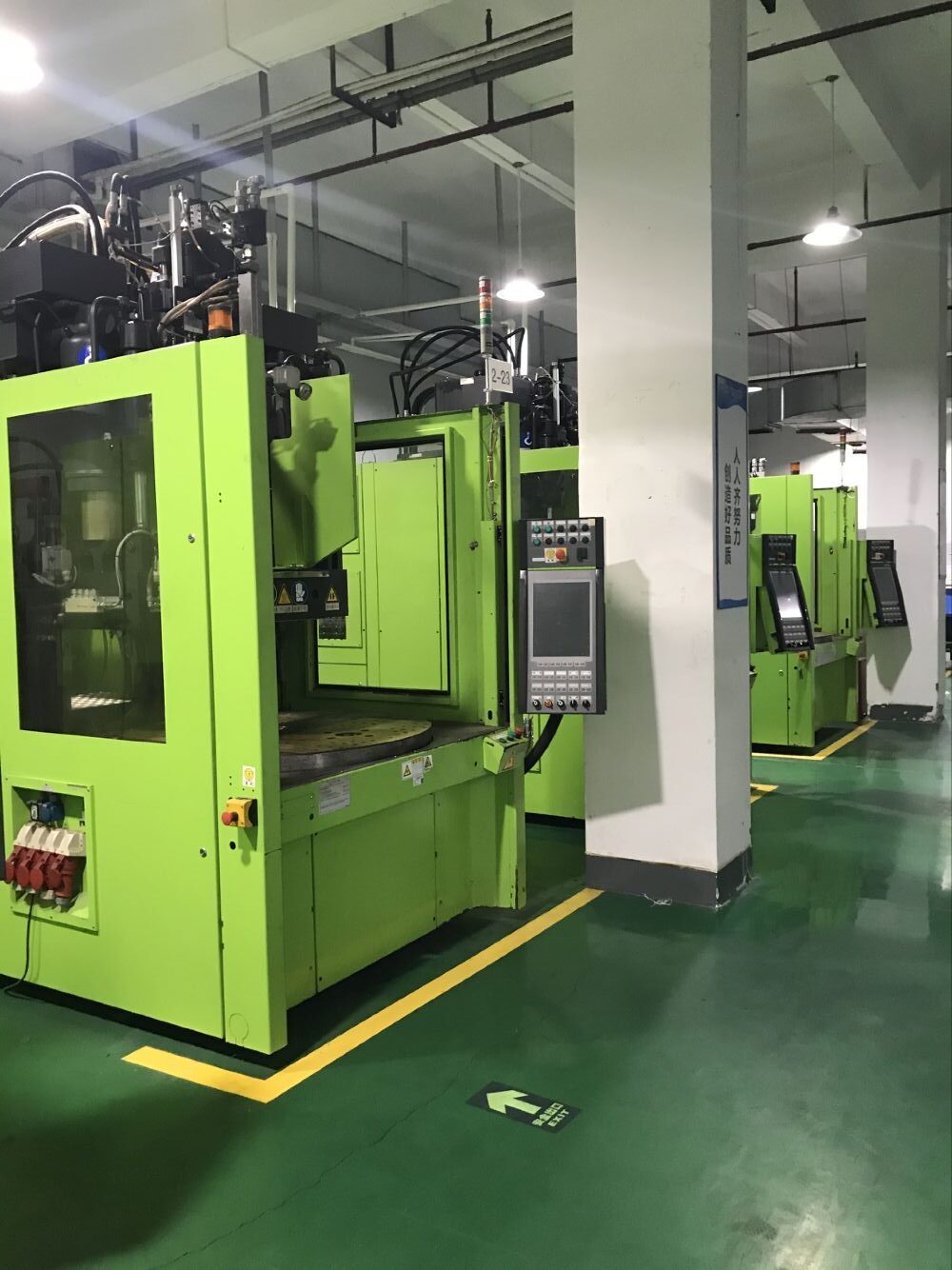- Factory-Direct Pricing | No Middleman Markups
- Save 30%-My Sourcing
 LSR Overmolding Injection Molding Factory
LSR Overmolding Injection Molding FactoryOverpaying for LSR overmolding injection molding parts sourcing? Hire me to connect with manufacturer-direct, slash 30% costs, No middleman markups! From CAD to delivery: I manage DFM/DFX review, prototyping, production, surface finishing, quality control, delivery and global logistics. Let’s talk now!
In today’s competitive manufacturing landscape, Liquid Silicone Rubber (LSR) overmolding injection molding has emerged as a game-changer for producing high-performance, multi-material components. China, with its advanced manufacturing infrastructure and cost-effective solutions, is the global hub for sourcing these specialized parts. However, navigating the complexities of LSR overmolding—from selecting the right supplier to ensuring quality and timely delivery—requires expertise. As your dedicated sourcing manager in China, I streamline this process, ensuring you get premium parts at competitive rates. Here’s a detailed breakdown of what you need to know.
LSR overmolding combines thermoplastic substrates with liquid silicone rubber to create durable, flexible, and chemically resistant parts. The process involves:
Design & Tooling: Precision molds are designed for both the thermoplastic substrate and LSR layers. Tooling accuracy is critical to avoid defects like air traps or incomplete fills.
Material Preparation: Thermoplastic pellets (e.g., PC, ABS) and LSR (mixed with platinum-based catalysts) are prepared. LSR requires strict temperature control to prevent premature curing.
Injection Molding (Substrate): The thermoplastic base is molded first using traditional injection molding.
Overmolding (LSR): The substrate is transferred to a second mold, where LSR is injected at high pressure (150–300 MPa) and cured at 150–200°C.
Curing & Cooling: LSR vulcanizes rapidly (10–30 seconds) due to heat-activated catalysts.
Post-Processing: Trimming, deburring, and surface treatments (e.g., plasma coating) ensure final specs.
Medical Devices: Biocompatible seals for syringes, respiratory masks, and surgical tools , etc.
Automotive: Heat-resistant gaskets, vibration-damping connectors, and LED light housings, etc.
Consumer Electronics: Waterproof seals for smartphones, wearables, and charging ports, etc.
Aerospace: Flame-retardant components and vibration isolators for avionics, etc.
Industrial Equipment: Chemical-resistant seals for pumps and valves, etc.
Household Appliances: Heat-resistant buttons for ovens and dishwasher components, etc.
Wearable Technology: Skin-friendly straps and sensors for fitness trackers, etc.
Telecommunications: UV-resistant cable connectors and antenna covers, etc.
Chinese suppliers utilize cutting-edge technologies to meet global standards:
Multi-Material Molding: Simultaneously inject thermoplastics and LSR using rotary platen machines.
Automated Systems: Robotics handle part extraction, reducing contamination and cycle times.
Precision Tooling: CNC machining and EDM (electrical discharge machining) ensure micron-level accuracy.
Cleanroom Facilities: ISO Class 8–7 environments for medical-grade parts.
Industry 4.0 Integration: IoT-enabled machines for real-time process monitoring.
Certifications: ISO 9001, ISO 13485 (medical), IATF 16949 (automotive).
Material Testing: FTIR spectroscopy to verify LSR purity and DSC analysis for thermal stability.
In-Process Inspections: Vision systems check for flash, voids, or dimensional deviations.
Post-Production Tests: Tensile strength, Shore hardness, and leak tests under simulated conditions.
Tooling Costs: 10,000–10,000–50,000 (vs. 30,000–30,000–100,000 in the U.S./EU).
Per-Piece Costs: 0.50–0.50–5.00 depending on complexity and volume.
Labor: Skilled technicians cost 8–8–15/hour (vs. 30–30–50 in Western countries).
Economies of Scale: High-volume orders reduce per-unit costs by 20–40%.
Note: Avoid “cheapest” suppliers—hidden defects can inflate long-term costs.
Prototyping: 2–4 weeks (3D-printed molds for design validation).
Tooling: 4–8 weeks (hardened steel molds for high-volume runs).
Mass Production: 2–4 weeks post-approval.
Shipping: 5–7 days (air freight) or 25–35 days (sea freight).
Pro Tip: Partner with a sourcing manager to mitigate delays from customs or QC reworks.
Supplier Vetting: Access to 50+ pre-audited LSR overmolding specialists in Shenzhen, Dongguan, and Suzhou.
Cost Negotiation: Leverage bulk pricing and eliminate middleman markups.
Quality Control: On-site inspections and third-party lab testing (SGS, TÜV).
IP Protection: NDAs and secure tooling ownership agreements.
End-to-End Logistics: Coordinate warehousing, customs clearance, and last-mile delivery.
LSR overmolding injection molding is a technically demanding process, but China’s manufacturing prowess makes it accessible and affordable. By hiring a seasoned sourcing manager, you gain a partner who navigates language barriers, cultural nuances, and logistical hurdles—ensuring you receive parts that meet global standards.
Contact me today to discuss your project. Let’s turn your LSR overmolding vision into reality—on time, on budget, and flawlessly.



+8619872870689
kinfomtech
No.1 Road East Hongfu, Dongcheng, Donguan, China.
+8619872870689
“From raw materials to retail-ready goods—we’re your all-in-one solution. Let’s optimize your chain!”